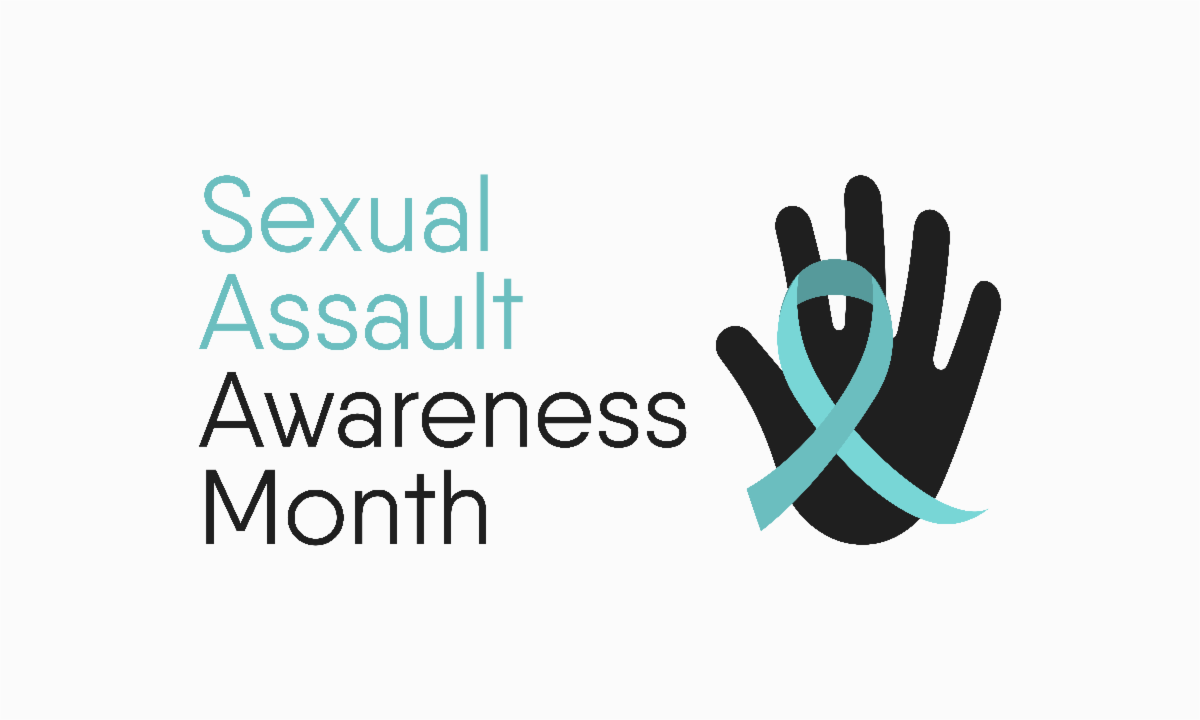Last month there were several very good advocacy efforts in recognition of Sexual Assault Awareness Month. People with intellectual and developmental disabilities have often been overlooked when it comes to having direct conversations about sexual violence because many people are uncomfortable talking about it or they think it does not happen in the disability community. We know sexual violence does happen in the disability community because people with IDD are 7 times more likely to experience sexual violence than people without an IDD. We want that to change, and we want healthcare providers to be part of the solution. Talk About Sexual Violence is a project facilitated by The Arc’s National Center on Criminal Justice and Disability, The Board Resource Center, supported by the WITH Foundation, that is working to educate healthcare providers about the importance of having these important conversations with their patients who have disabilities. See below for more information about this importance project.
Conversation Groups
The NPR Abused and Betrayed series showed that people with intellectual/developmental disabilities are sexually assaulted seven timesmore than those without disabilities. Despite a national epidemic of sexual violence against persons with intellectual/developmental disabilities, health care providers struggle with having the knowledge, training, and tools to adequately address it.
Educating health care providers about the value of having conversations about sexual violence with their patients is an important beginning step for victims to
(1) comprehend what has happened to them and (2) learn ways to engage in making their own decisions about what happens after victimization occurs.
Talk About Sexual Violence includes voices of survivors as experts. We are facilitating Conversation Groups with people withintellectual/developmental disabilities who have experienced sexual assault to learn how medical appointments can be more patient – centered and supportive.
When patients and their providers talk openly, they can make decisions together to find the right healing services. Talk About Sexual Violence will be creating tools, webinars, and reports over the next three years to address these issues.
PLEASE CONSIDER JOINING A CONVERSATION GROUP
Groups will be about one hour with no more than five people. Groups will not focus on personal stories. Instead, we need your suggestions on how healthcare providers can be more supportive.
For more information or to participate, please email:
• Kecia Weller kecia@brcenter.org
• Mark Starford mark@brcenter.org
• Charlene Jones charlene@brcenter.org

